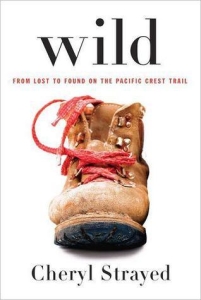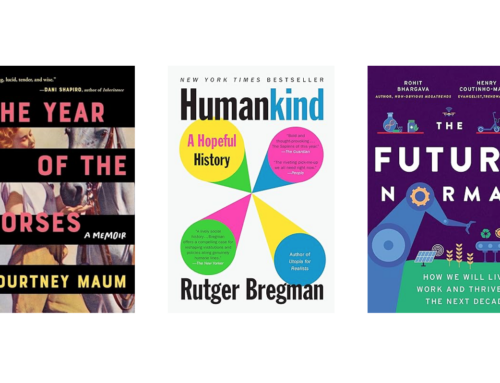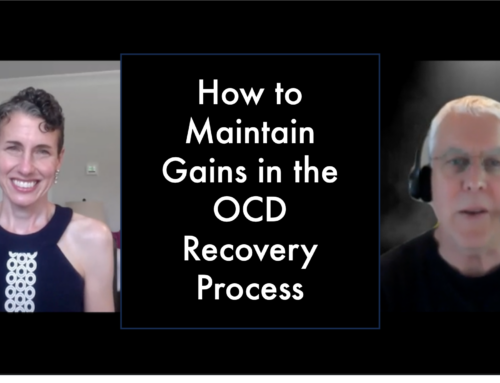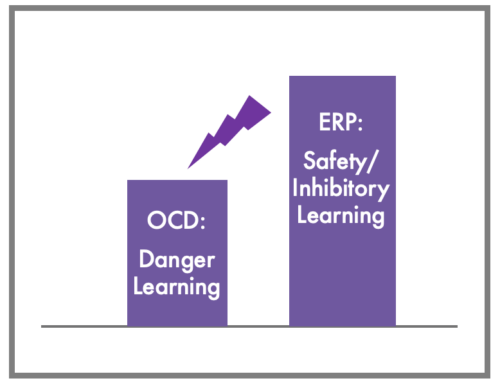On no page of Wild: From Lost to Found on the Pacific Crest Trail will you find any mention of OCD. But in my opinion there is something important that those of us with OCD can learn from Cheryl Strayed’s heroic journey across California and Oregon.
Everyone has problems
Cheryl Strayed begins her adventure on the Pacific Crest Trail (aka the PCT) having faced a number of setbacks in life. Her mother has recently died. Her marriage has fallen apart. She has started using heroin regularly. And, her backpack (which she eventually names “Monster”) carrying everything she needs on the trail is so heavy that she can barely lift it.
How does this relate to those of us who have OCD? It’s a poignant reminder that we are not alone. Unfortunately, everyone has problems — even people who don’t look like they do.
Even if they don’t share them
Most people do not talk openly about their problems. Oh, someone might talk about some issues s/he is facing, such as the car breaking down, fighting among family members, or minor financial concerns, but most folks keep the real stuff private. You might not know that a close friend’s son struggles with substance abuse. Or that your colleague is estranged from a sister who used to be her best friend. Or that a neighbor’s lights are on all night because he is so worried that he just can’t sleep. On the outside, it might look as if those people have it all together.
Which makes us feel even more alone in our struggle with OCD. OCD is incredibly isolating, even more so when it seems like everyone else is able to do basic activities such as leaving the house without checking the door 4+ times. Why 4+ times? Because my OCD likes me to do things in multiples of 4. Before I had exposure and response prevention (ERP) therapy, I checked to see if the door was locked in so many multiples of 4 that I pulled the door knob right off the door…on three separate occasions!
You are not alone
Now I am not saying, “Misery loves company….oh isn’t it great that all these people have all these terrible problems!” I am also not minimizing the incredible suffering caused by OCD, with which I am all too familiar. Instead I’m saying that it can be helpful to keep in mind that you are not alone. Everyone has something s/he is struggling with, and that thought can help us keep our own struggles with OCD in perspective.
In Wild, Cheryl Strayed shares intimate details of the issues with which she was struggling — problems that were threatening to destroy her happiness, if not her life. I am inspired by her honesty and willingness to share some of her deepest secrets with the rest of us, so that we all don’t have to feel so alone.
P.S. A great way to combat feeling alone is to meet others who have OCD. You’ll have the chance to do just that at the International OCD Foundation conference, which is being held in Atlanta July 19-21, 2013. Don’t miss this great opportunity!






Leave A Comment